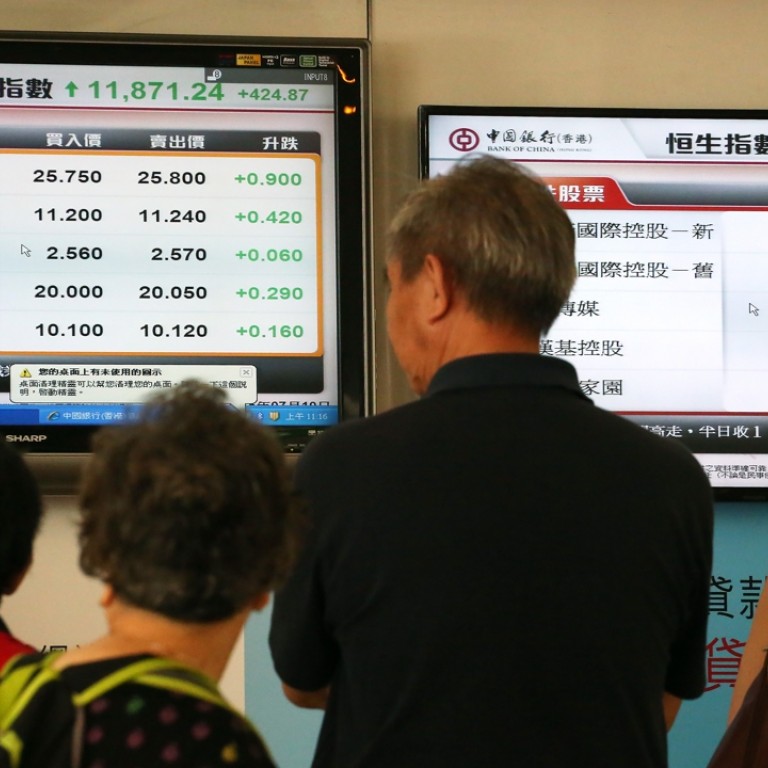
Why you should stay away from Hong Kong’s dud tech board
In the stock market the reform will see the SFC [Securities and Futures Commission] reviewing the Growth Enterprise Market and other listing rules to attract more technology companies to list in the city.
Business, January 4
The ancient Romans used to have a feast called Saturnalia in which for one day every year slaves were allowed to act as masters and masters supposedly acted as slaves.
We still have a variant of it. We call it democracy. In countries that practise it, the authorities are required for a month or so every few years to ignore the people of influence with whom they prefer to associate and talk to people like you and me for a change.
They don’t want to do it. They much prefer to deliver fulminating lectures against upstarts who, as President Xi Jinping puts it, “...have been keen to poke around and ... ask things they should not ask ... and run after so-called internal information and spread it in private”.
With democracy you cannot harangue people in this manner. You will lose the next election if you do. You have to listen to them for that short period every few years instead of always telling them to listen to you. This can allow you to discover some things you did not know before.
READ MORE: Hong Kong putting in place range of regulations to tighten up investment markets in 2016
You may find, for instance, that when people invest their savings, their objective is not to maintain the quarterly growth rate of gross domestic product at or above the official target or to improve the self-perceived standing of their government in world councils.
No, surprising though it may seem, their objective is an increase in the income and capital value of their investments so that they may have a comfortable retirement, send their children to university, buy their own home or do so many other worthwhile things that a little money will let them do.
Admittedly, it is also to the benefit of these people if economic growth is served when companies find it easy to raise money on a stock market.
But the point is that the best way for companies to raise that money easily, and to keep doing so, is to please their customers on the stock market, which is best done when these customers also get what they want from the bargain.
The customer comes first, they say in retail. It’s a cardinal principle of democracy, too. That is why stock markets work best in democracies. People need their touch of the Saturnalia.
We now turn to the Growth Enterprise Market, which was set up in early 2000 as a baby stock exchange to attract small technology companies by allowing them laxer listing requirements than the main board required.
The chart shows you the performance of the GEM index, from the close of business on its first day, relative to the performance of the main board’s Hang Seng Index. Yes, you would have done more than 20 times as well just to stick to the main board.

And, yes, your interests are rarely served when your government artificially boosts the share price performance of local technology stocks with the intention of placing self-congratulatory advertisements in the international press to proclaim the birth of a new Silicon Valley.
Our bureaucrats are somewhat thick-skulled about these matters, however, and they want to try again this year with the Securities and Futures Commission, that supposed champion of the people’s investment interests, leading the charge.
Their brilliant new idea, get this, is to make GEM listing requirements even laxer. If the ordinary investor has not been ripped off enough, rip him off some more. That’s the new prescription for how to make stock markets prosper.
GEM is a dud, folks. Stay away.

